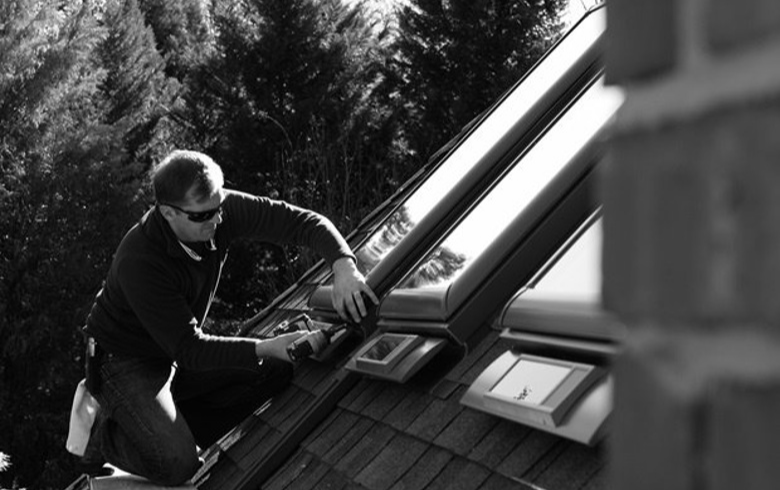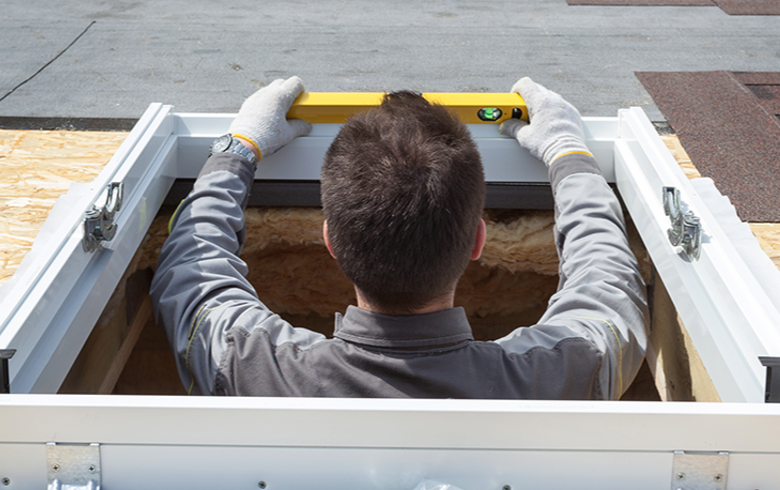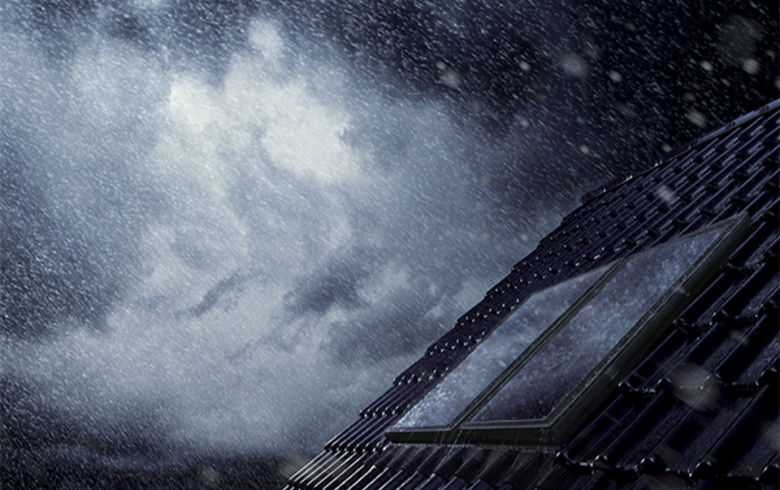Over time and to meet ever-changing homeowner challenges, home designs change and evolve into new architectural styles. And now is the perfect time to take stock of the architectural and building trends homeowners of the 2020s want most.
New Home Trends on The Rise in 2021
Industrial Style Housing
Industrial styling in residential buildings is one trend to keep up with this year. It's characterized by the combination of materials like iron, wood, aluminum, and even recycled plastic, as well as by simple lines and the absence of surface elements.
Kitchens on Display
Despite being traditionally located at the back of the house, kitchens are a common place to gather as a family or when friends are over. But a new home trend is putting kitchens in the spotlight. We're seeing bigger, more prominent kitchens connecting the living and dining rooms. Bigger kitchens also allow for islands, rather than walls, to visually separate areas of the house.
Less Noise, More Light
As cities and towns become busier and more crowded, more and more architectural projects are carried out with noise pollution in mind. One trend we're seeing is using distributions and materials that minimize noise inside residential buildings.
At the same time, natural light is something more architects and home builders are learning to take advantage of. Natural light and the rising trend to integrate artificial lighting in the most natural way possible is a way to make homes more energy-efficient and overall healthier for homeowners.
Modular Homes
Modular homes aren't a new trend per se, but they have ceased to be considered exclusively for temporary housing. Now that we know how simple and cost-effective modular construction is, we're seeing it make the transition to aesthetically attractive buildings that stand the test of time.
Open, Multipurpose Spaces
An open floor plan is another concept that has been around for a while, but after a year at home for many homeowners, it's more sought after than ever. With a rise in people working from home and schooling from home, open floor plans that use partitioned walls to make use of space and light are another trend to watch out for.
Passive Houses
Passive houses started as a trend and have evolved into a philosophy of life and way of understanding the relationship between the environment and buildings. Passive houses primarily use available resources in the environment where the home is built to maximize energy savings. They're also designed to improve the health and quality of life of those who inhabit them.
Smart Homes
Smart homes and smart home automation have been trending for a few years now, but don't expect it to go away any time soon. In fact, it's evolving. For both new and renovated buildings, automated systems are increasingly in demand to control the temperature, light, and home security. Smart homes offer homeowners greater comfort while reducing consumption bills, so it's no surprise this trend is hanging around.
Spa-Like Bathrooms
Function-only bathrooms are a thing of the past. Spa-like bathrooms that encourage relaxation are the future. Whether homeowners are coming home after a hard day's work or are just stepping out of their newly converted home office, they crave a place to disconnect and recoup -- and that place has become the bathroom.
The trend for spa-like bathrooms we're currently seeing involves very light or white walls with tiles in serene, calming tones. The shower is the main feature of the spa-like bathroom, usually either a hydro-massage cabin or a shower with a glass partition and separate, free-standing bath. Homeowners tend to outfit spa-like bathrooms with small furniture and plants, so make sure to plan for a larger space than in function-only baths.





